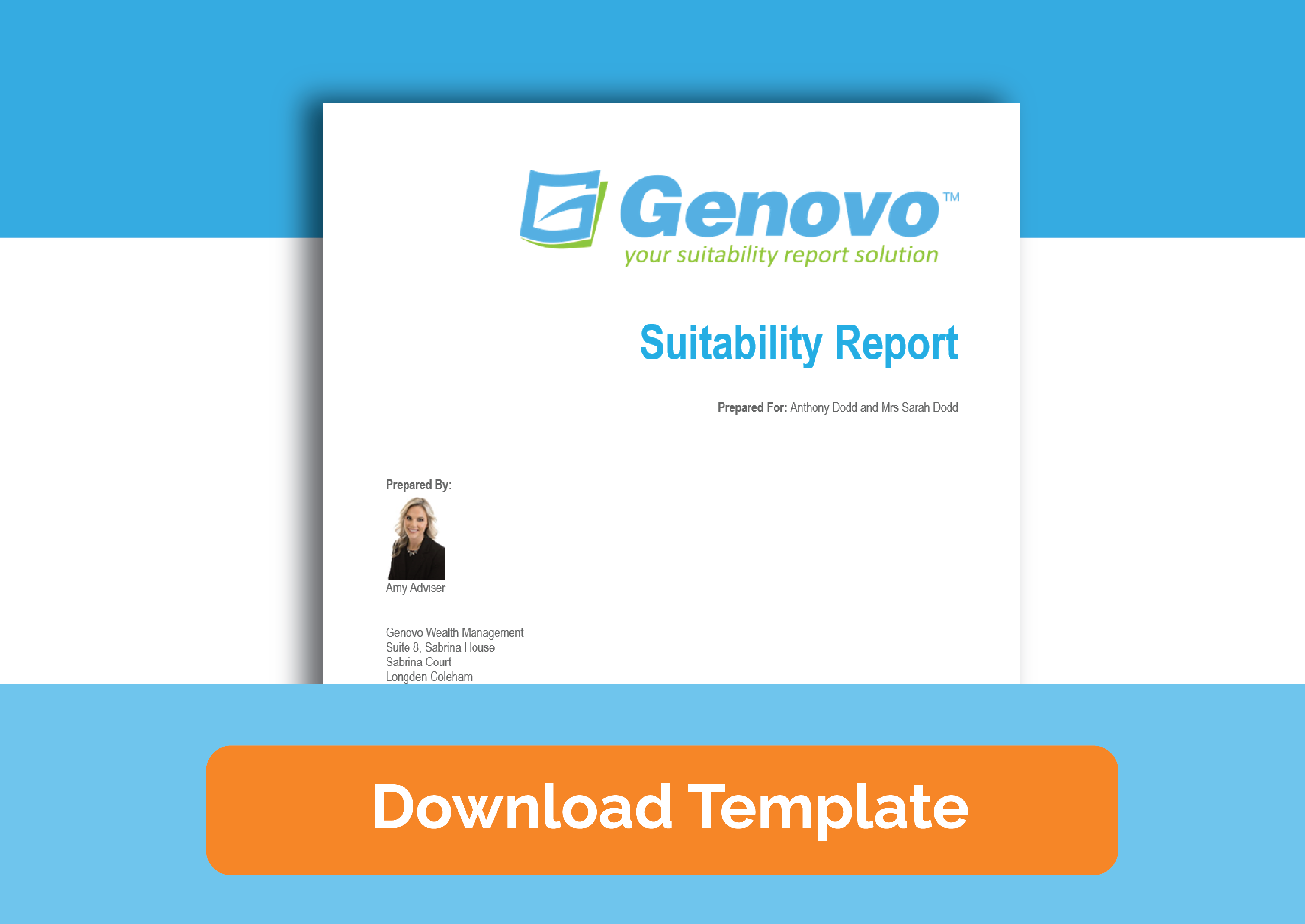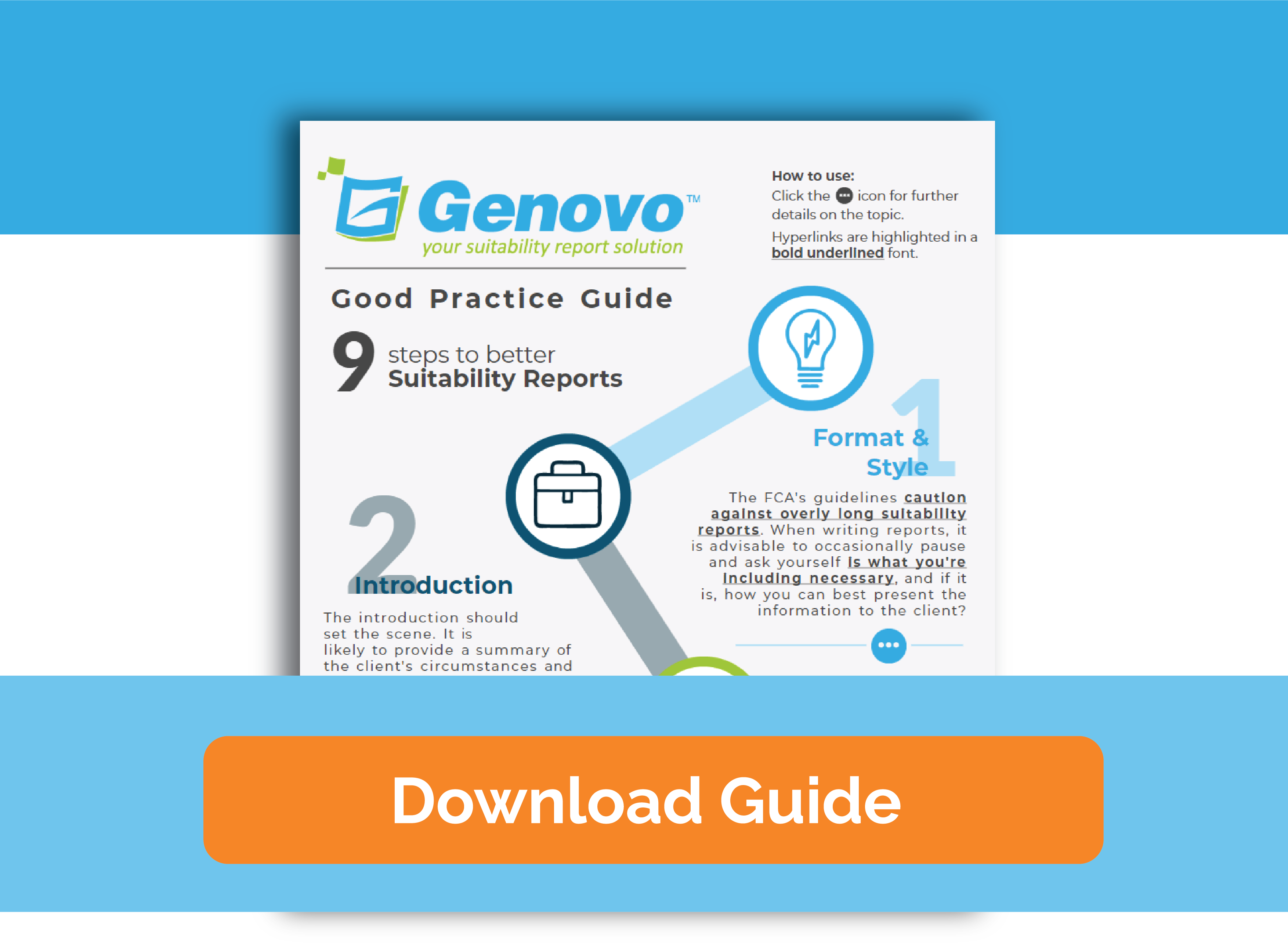
Full or Limited Advice and the FCA’s expectations of you
Ed Evans
 |
IMPORTANT – This user tip relates to an older version of Genovo. Although much of the content and many of the concepts still apply to the current version of Genovo, the screenshots and some instructions may no longer be accurate. |
The FCA recently published guidance to help clarify the different types of retail investment sales models, the boundaries between them and the associated regulatory requirements. This paper has the imaginative and catchy title “GC14/3 Retail Investment Advice: Clarifying the boundaries and exploring the barriers to market development” and can be read in full here. The paper had been eagerly awaited by many within the industry in a hope that it would clarify the FCA’s position regarding the provision of an online simplified advice service. However, the consensus on this matter appears to be that it has in fact raised more questions than answers.
There is, however, still a lot of good stuff in there and it’s well worth a read. If nothing else it provides a useful refresher of the different types of advice and, with suitability reports in mind, I was particularly interested to read the descriptions given to the following advice services:
Focussed or Limited Advice
A deliberate limiting of the range of personal recommendations sought by the client to suit their particular needs (e.g. to seek a recommendation on buying a NISA).
Full Advice
Full regulated advice which may be independent or restricted and will consider the full range of the client’s needs , including their debt and protection needs. Also applies to discretionary investment management.
Ok so nothing particularly new there. However, it is well worth noting what the paper then goes on to say about the FCA’s expectations of limited advice.
It is also important to highlight that, even within limited advice, there remains a duty of care. If, for example, the intermediary is dealing with a customer who is receiving limited advice in relation to a specific element of their investments, but the firm realises that the customer has a family and no protection, there would be an expectation that the adviser highlights that need to the customer. That is not to say they have to deal with that need, but it would be right in their professional capacity to highlight what they have concluded so that the customer can decide what to do.
With Genovo you can quickly and easily fulfil the regulator’s expectations of you regarding a client’s other needs and shortfalls irrespective of whether you’re providing full or limited advice. This is achieved via the Other Needs and Shortfalls step of the Important Information section. Moreover if the client has no other needs and shortfalls or these have all been addressed in the course of your report, simply leave all of the advice options unchecked and the app will omit any wording relating to this matter from the report – just another example of the intelligence of the Genovo suitability report app, or Marvellous Merlin as we like to call him!
As always, if you got a spare minute, please leave a comment – I’d love to hear your thoughts.
Make sure you don’t miss our blogs – subscribe and get email alerts when we update our blog.

